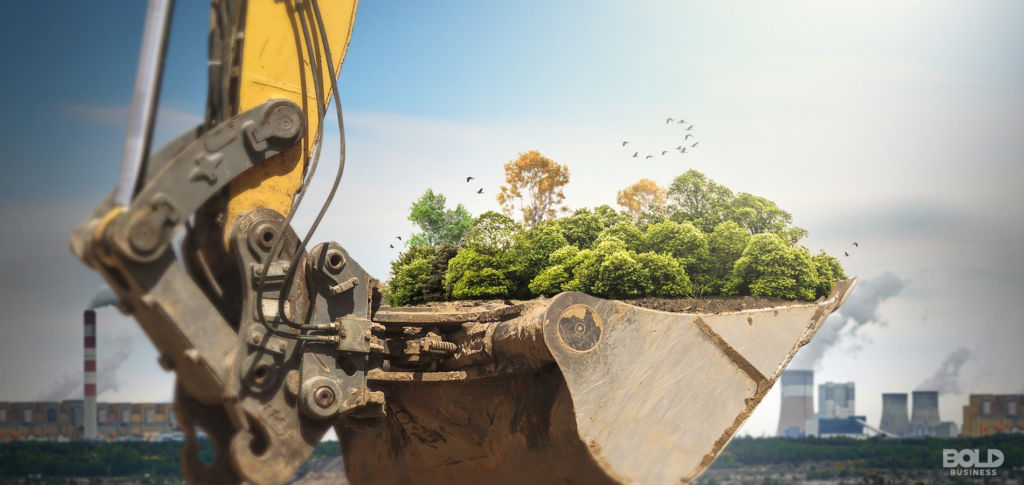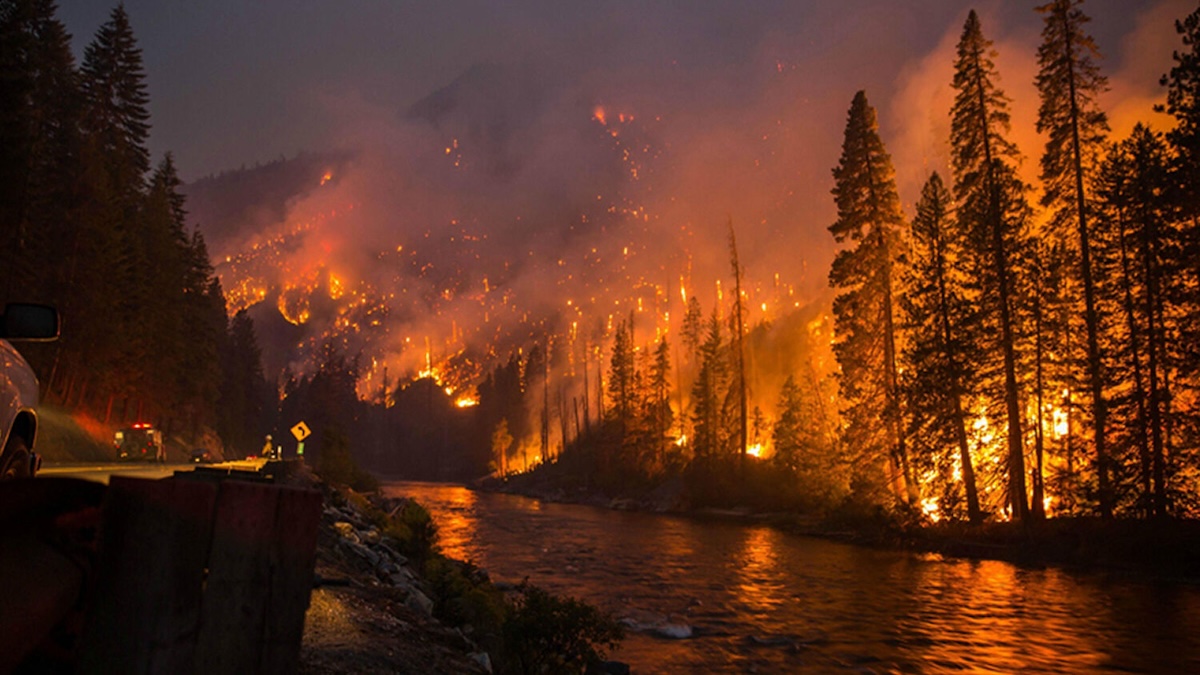How building codes and regulations need to look at “Saving the Planet” in a different light.
For decades, we’ve been bombarded with the phrase “Save the Planet.” From climate summits to protest signs, the message is everywhere. But here’s the harsh truth: the planet doesn’t need saving. We do.

.
Earth Doesn’t Care If We Stay or Go
The Earth has survived mass extinctions, asteroid impacts, ice ages, and supervolcanoes. It has reshaped itself time and time again, with or without humans. If climate change wipes out coastal cities, if wildfires turn forests to ash, if droughts make entire regions uninhabitable—it won’t be the planet that suffers. It will be us.

.
Let’s be clear: Earth will continue, adapting to whatever new conditions arise. The question is whether those conditions will support human civilization or erase it.
A Future Without Us? It’s Happened Before
Roughly 66 million years ago, an asteroid wiped out the dinosaurs. The planet didn’t crumble. Instead, over millions of years, it regenerated and gave rise to mammals, and eventually, humans. If we destroy our own climate, Earth will eventually rebalance—but we may not be around to see it.
If humans were to vanish tomorrow, here’s what would happen:
- Within weeks, power grids would fail, plunging cities into darkness.
- Within months, plants would reclaim streets and buildings.
- Within decades, forests would overtake abandoned urban areas.
- Within centuries, most traces of human civilization would be gone, erased by wind, water, and time.
- Within a few million years, new species would evolve, thriving in an environment that no longer remembers us.
The Real Crisis: Making Earth Unlivable for Ourselves
We aren’t destroying the planet. We’re destroying the conditions that make it habitable for us. Rising sea levels, extreme heat, and food shortages won’t stop Earth’s rotation—they’ll just make human survival harder, if not impossible.

.
Think about it:
Cities will drown—not because Earth is vengeful, but because we ignored the warnings of rising oceans.
Wildfires will rage—not because the planet is angry, but because we destabilized ecosystems.
Droughts will devastate crops—not because nature is cruel, but because we disrupted water cycles beyond repair.
Earth doesn’t need clean energy, sustainable agriculture, or climate regulations. We do. Because if we fail to act, we’re not saving Earth—we’re saving our own ability to live here.
Regulation Isn’t About Controlling Industry—It’s About Ensuring Our Survival
Many argue that regulations on energy, pollution, sustainability, and carbon containment in the building industry are excessive, stifling business and slowing development. But these policies aren’t about bureaucratic control—they’re about preventing the conditions that threaten human life. When industries reduce emissions, improve efficiency, and adopt sustainable practices, they are not just complying with laws; they are actively contributing to a future where cities aren’t underwater, food supply chains remain stable, and extreme weather doesn’t cripple economies.

.
The real debate shouldn’t be about whether regulations are inconvenient for corporations—it should be about whether we are willing to take the necessary steps to prevent human catastrophe. Without some level of environmental oversight, the costs will be measured not just in dollars but in lives, economic collapse, and uninhabitable regions.
The Wake-Up Call: It’s About Survival, Not Sentiment
We treat climate change like an environmental issue, but it’s a survival issue. We don’t need to “save the planet” because Earth will move on with or without us. What we need is to preserve a livable world for future generations.
If we don’t? The planet will recover, but we won’t.
So, let’s change the slogan. Forget “Save the Planet.” The real mission is simple: Save the Humans.
.
Gary Fleisher, The Modcoach, writes about the modular and offsite construction industry at Modular Home Source.
.
CLICK HERE to read the latest edition
Contact Gary Fleisher












